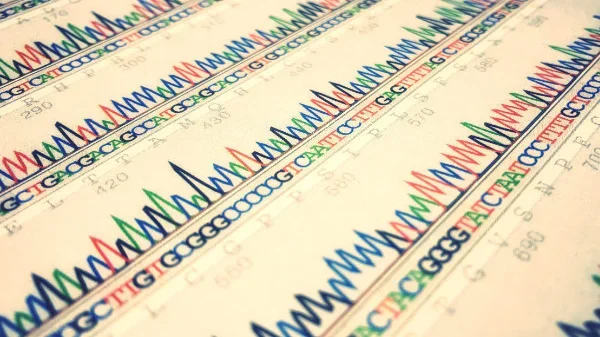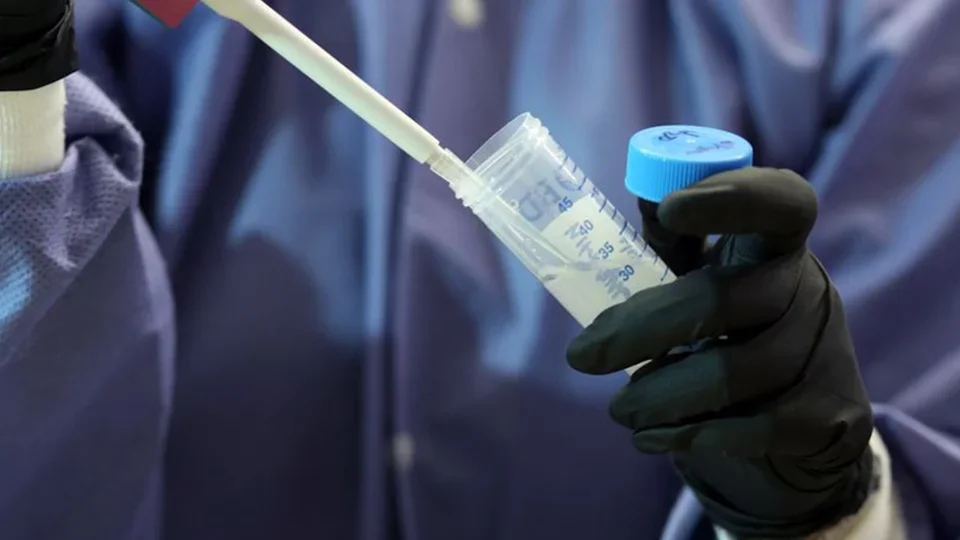Genetics
UCLA launched the Department of Human Genetics during the start of a new age of medicine. Researchers around the world had nearly finished mapping and sequencing human genes, producing mountains of raw genomic data. The new department aimed to lead the scientific community in using this novel data to better understand and treat human disease.

When our department opened its doors, genomic data was inscrutable to everyone. Today, we use genomic data to develop patient-specific treatments and prevention strategies that save lives. We work toward the future of medicine by pushing our capabilities—developing new ways to use genetic knowledge to improve human health.
Our advanced research resources help create a thriving environment for groundbreaking discoveries and catalytic collaborations. Our centers and facilities offer cutting-edge technological advances in computing, sequencing, genotyping, and more.
- Bioinformatics Core Facility
- Cellular Bioenergetics Core
- DNA Microarray Core Facility
- UCLA Neuroscience Genomics Core (UNGC)
Research Areas
We cover a broad range of genetics research, including:

- Basic research in model organisms
- Statistical data analysis
- Computational data analysis
- Clinical genetics, including sequencing patient genomes
Through our diverse research capabilities, we strengthen the genetic components of a variety of clinical and research initiatives around campus. Technologies, such as assays, developed in our labs translate directly to clinical applications. Clinical concerns, such as unknown patient mutations, feed into the list of questions our labs strive to answer.
Explore Faculty Research Interests
Many of these conditions share mutations in signaling pathways that regulate tissue growth. As a consequence they have significant phenotypic overlap. The genes for these conditions have been identified and clinical testing for diagnosis is available through a new test called Clinical Exome Sequencing. This test allows us to look for changes in each of the genes associated with overgrowth or undergrowth all in one blood sample. This avoids sequential and serial testing that would otherwise require multiple blood draws and additional costs. The test is offered through our Overgrowth Syndromes Clinic in association with the UCLA Clinical Genomics Center.
If you or a member of your family have one of these disorders we are studying and you have questions or would like to participate in our studies please contact us at our laboratory facilities at 310-794-2405
To make an appointment please call: (310) 825-0867